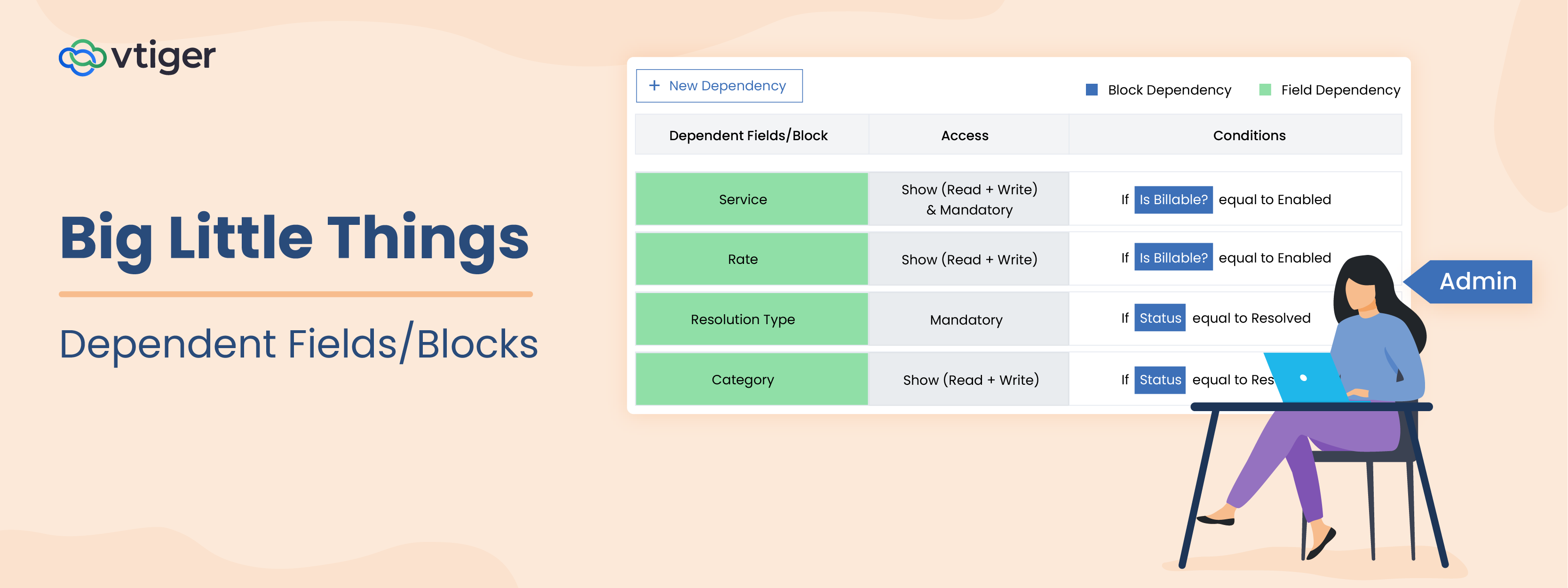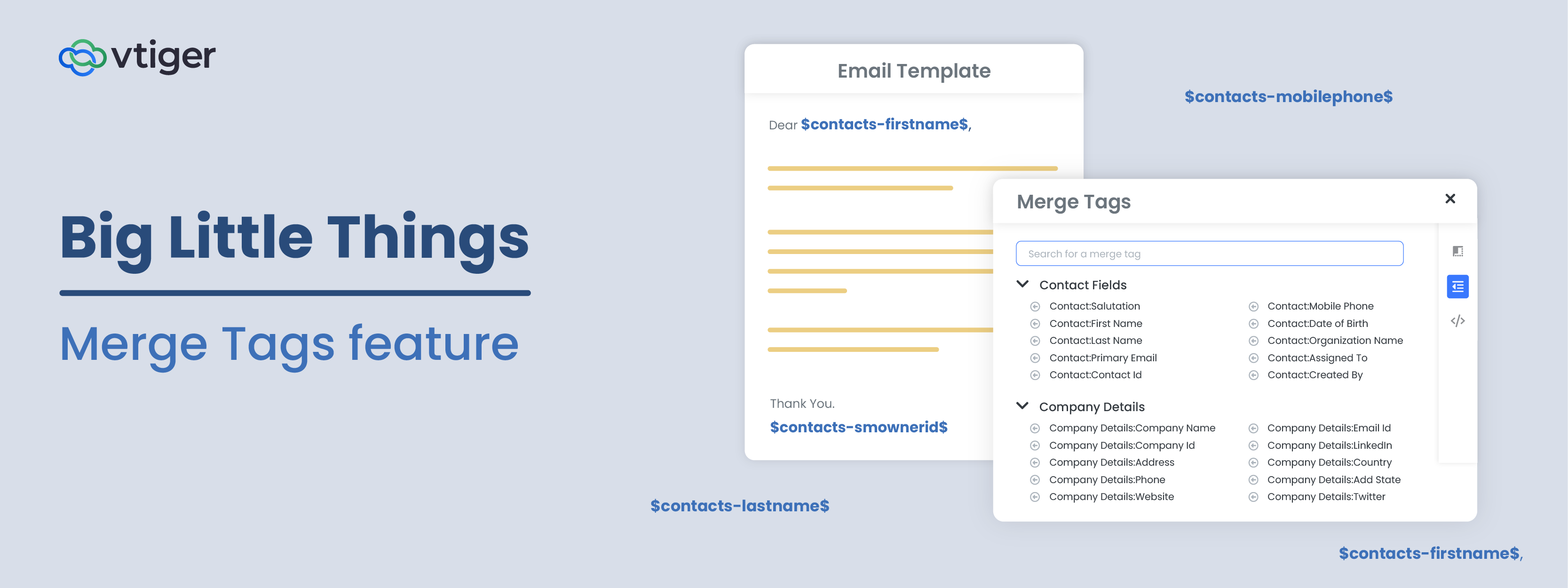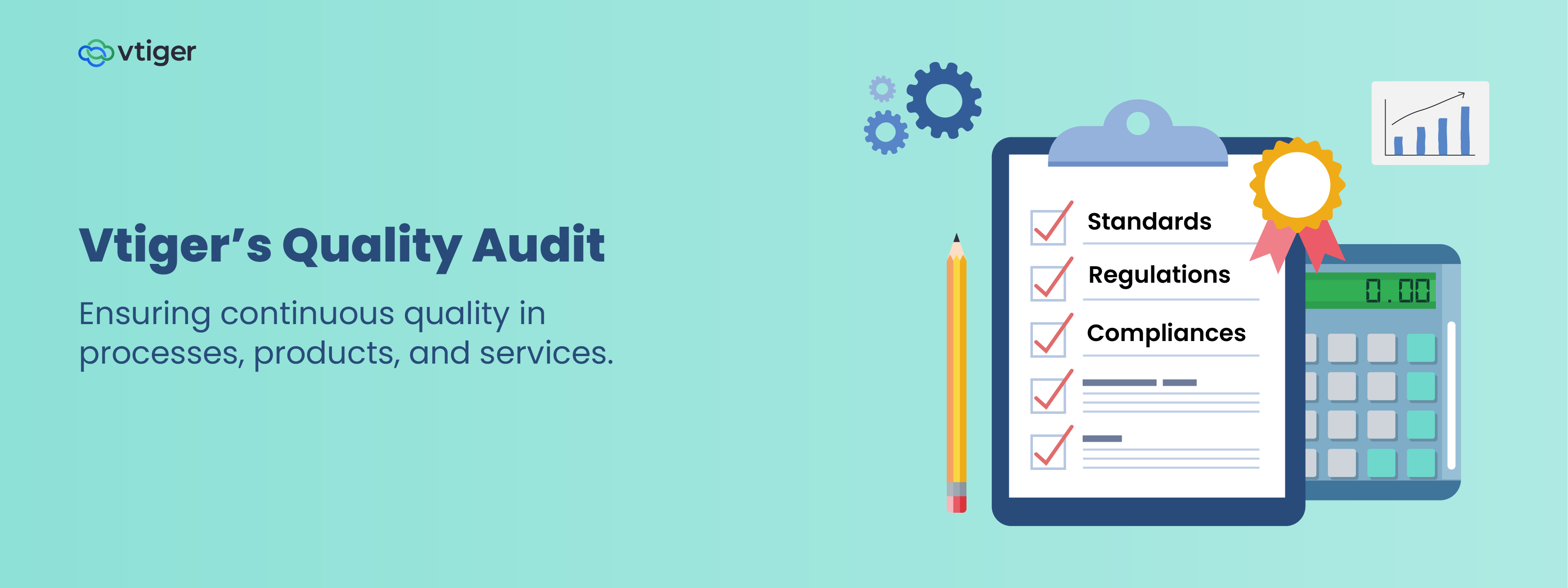Albert West, the sales and marketing manager at a small logistics consulting company, is unhappy with his department’s performance this quarter. The numbers show that his marketing team is having trouble generating leads, while more than 80% of leads forwarded to the sales team aren’t converting, resulting in a steep decrease in marketing ROI. After a detailed analysis, Albert concludes that this is due to poor lead management.
What exactly is lead management? Lead management is the complete process of tracking and managing sales leads from their generation to their conversion into sales and long-term relationships. The data generated in this process is used in the measurement of marketing and sales efficiency. The outline of a typical lead management process might start with lead generation, and proceed through lead scoring, lead nurturing, sales contacts, and ultimately results in the sales outcome. Allow us to elaborate.
Lead Generation : Traditional lead generation processes involve marketers collecting leads from company trade shows and events. But now with educational webinars, newsletters, case studies, search, and social sharing, putting all product and solution information at leads’ fingertips, the process has witnessed a paradigm shift. Marketers now explore every option, displaying their solutions wherever a lead may be searching for a relevant solution. The quality and quantity of leads generated vary for each technique used by marketers. For instance, a form on company’s website that visitors fill in to request a demo will generate high-quality leads but not in large quantity, on the contrary, a newsletter subscription list may generate a large quantity of leads, but not qualified leads.
Lead Scoring : Lead scoring is the way to quantifiably evaluate your leads’ sales readiness. The lead scoring method depends upon criteria, agreed on by both the sales and marketing team of the business, and can be measured consistently over time. According to a Customer Think survey, 59% of best-in-class companies utilize lead scoring to progress leads over time. A lead can be scored based on 2 types of data – Implicit data and Explicit data. Implicit data is the data drawn from the behavior of the prospect as he moves in the buyer funnel and Explicit data is the data provided by the lead through forms or from a clean lead database. Marketing Sherpa reports that on average, organizations that use lead scoring experience a 77% lift in ROI on lead generation, over organizations that do not use lead scoring.
Lead Nurturing : A survey by the Annuitas Group reveals that nurtured leads make 47% larger purchases than non-nurtured leads. Another survey by Forrester Research further reveals that 65% of buyers will choose the vendor that helped to set their buying vision. As a result, it’s evident to keep leads locked into your nurture process. To do this, the nurturing process must aim at selling the problem rather than the product. During this process leads must be educated about specific business challenges they are facing or might face that could be overcome effectively using your solution over others. Offer more value, like a case study, e-book or white paper, for every advance of a lead in sales cycle and track every interaction with the content sent.
Sales Contact : Not all sales happen at the initial contact, it needs a great amount of effort to engage your leads through different stages of sales. The National Sales Executive Association notes that only 2% of sales are made on the first contact, 3% of sales are made on the second contact, 5% of sales are made on the third contact, 10% of sales are made on the fourth contact and 80% of sales are made on the fifth to twelfth contact. So it is crucial for a sales representative to follow up on leads regularly based on their interest and objections to building rapport and trust. Ask at least three questions to understand the problem better and provide a complete answer quickly.
Using a CRM to automate sales and marketing and to create an effective lead management program can significantly influence the success of an organization. With Vtiger CRM’s Sales Edition, organizations have the tools to automate lead management, from capturing qualified leads from a website, email inbox, social media or marketing campaign, to scheduling follow-up reminders, logging phone calls, or automating targeted email nurture campaigns and far beyond. To learn more, sign up for a free trial or feel free to contact us at [email protected]
References :
http://www.exhibitoronline.com/topics/article.asp?ID=742
http://www.businessdictionary.com/definition/lead-management.html#ixzz3G0yIuYOj
https://www.vtiger.com/docs/leads
http://www.eloqua.com/resources/best-practices/lead-generation.html
http://sales.about.com/od/glossaryofsalesterms/g/What-Is-Lead-Generation.htm
http://www.knowthis.com/the-selling-process/making-initial-contact
http://www.mindcapturegroup.com/blog/index.php?entry=entry090708-065644
http://homebusiness.about.com/od/marketingadvertising/tp/Guide-How-To-Get-Customers.htm
http://intelligentconversations.com/blog/ceo-sales-guide/bid/96609/Building-a-Profitable-Sales-Process-Making-Initial-Contact
http://blog.hubspot.com/blog/tabid/6307/bid/29444/4-Essential-Steps-to-Sales-Lead-Follow-Up.aspx
http://www.forbes.com/sites/kernlewis/2012/03/21/the-twelve-step-program-for-lead-nurturing/
http://www.eloqua.com/resources/best-practices/lead-nurturing.html
http://www.forbes.com/sites/kernlewis/2012/03/21/the-twelve-step-program-for-lead-nurturing/



